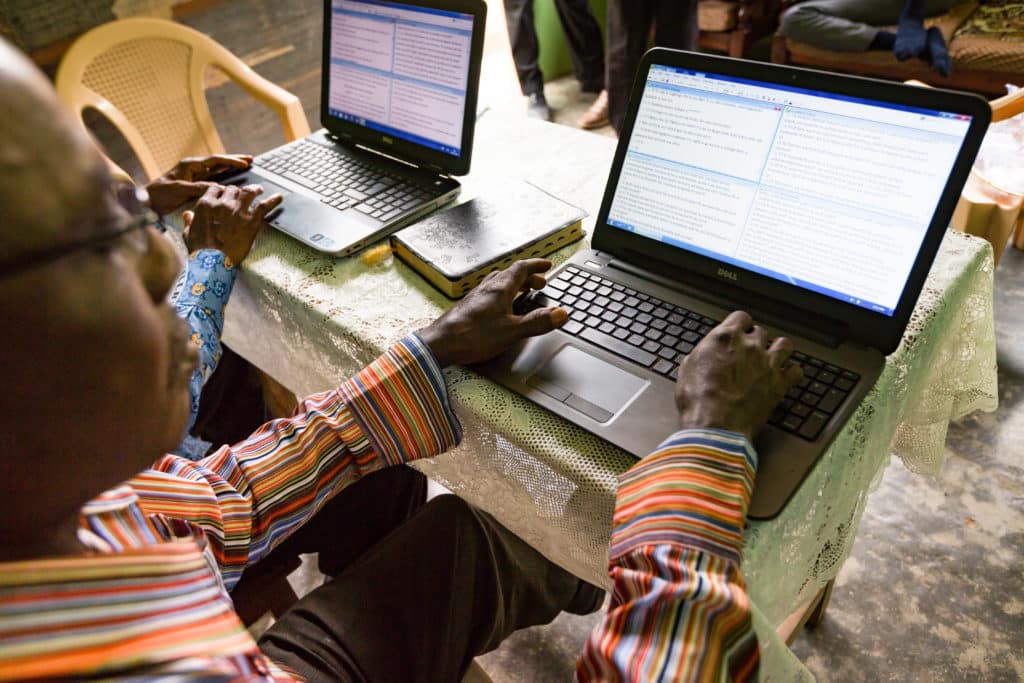Vulnerable Mission: Insights into Christian Mission to Africa from a Position of Vulnerability
by Jim Harries
William Carey Library, 1605 E. Elizabeth St., Pasadena, CA 91104, 2011, 304 pages, $19.99.
—Reviewed by Murray Decker, associate professor of Intercultural Studies, Biola University, Cook School of Intercultural Studies, La Mirada, California.
Timid, he is not. This book expresses the strongly-held perspectives and passions of Jim Harries, a veteran missionary with over twenty years of experience in Africa. The book is a compilation of essays written over the past fifteen years on topics as varied as theological training, linguistics, international development, Bible translation, hermeneutics, and racism. If there is a unifying theme to these essays, it would be that (1) great harm has been done by well-meaning Western aid and mission workers who have not understood the African context in which they have worked, and (2) effective (or at least, non-harmful) mission must first start from a place of vulnerability, with a deep understanding of indigenous language and worldview.
At no point in the text is there a clearly articulated explanation of what, exactly, the author means by vulnerable mission, nor a careful articulation of this theology/mission philosophy. What is implied is an incarnational approach to living among the people (as Harries himself has done for two decades), stripped of the trappings of wealth and technology, while doing training, theologizing, and ministry in the vernacular. It might be more accurate to say that this is a wide-ranging discussion of what not to do in mission.
Harries is highly critical of the widespread impact of the prosperity gospel, propagated unwittingly by the international development community as well as trappings of wealth and power which accompanies many Western missionary attempts at theological education and mission strategy. He is greatly cynical of Western aid agencies (child sponsorship and other development strategies), while perhaps holding to a romanticized view of traditional African society. He focuses with laser-like intensity on the corrupting influence these strategies have had upon the African Church, family, and society.
The text is informed by pragmatic linguistic theory and practical theology, making a compelling argument that asking Africans to study about a God they intrinsically know, in a language that is foreign to them, is counter-productive and reinforces all the wrong lessons. Harries’ contribution to the literature, in my opinion, is taking this same perspective into the arena of international development, as he asks what is being communicated to and understood by Africans as Western aid agencies dump millions of dollars into Africa in the name of God and good intentions. He is making a contribution to the ethic of “First, do no harm”—understand the deep and profound impact that Western money and language will introduce with harmfully unanticipated results.
This compilation of essays could be used as a supplemental text in a graduate level seminar on theology or development theory (or the theology of international development), and will certainly be a discussion starter among mission workers in Africa who read it.
….
EMQ, Vol. 48, No. 3, pp. 380. Copyright © 2012 Evangelism and Missions Information Service (EMIS). All rights reserved. Not to be reproduced or copied in any form without written permission from EMIS.



